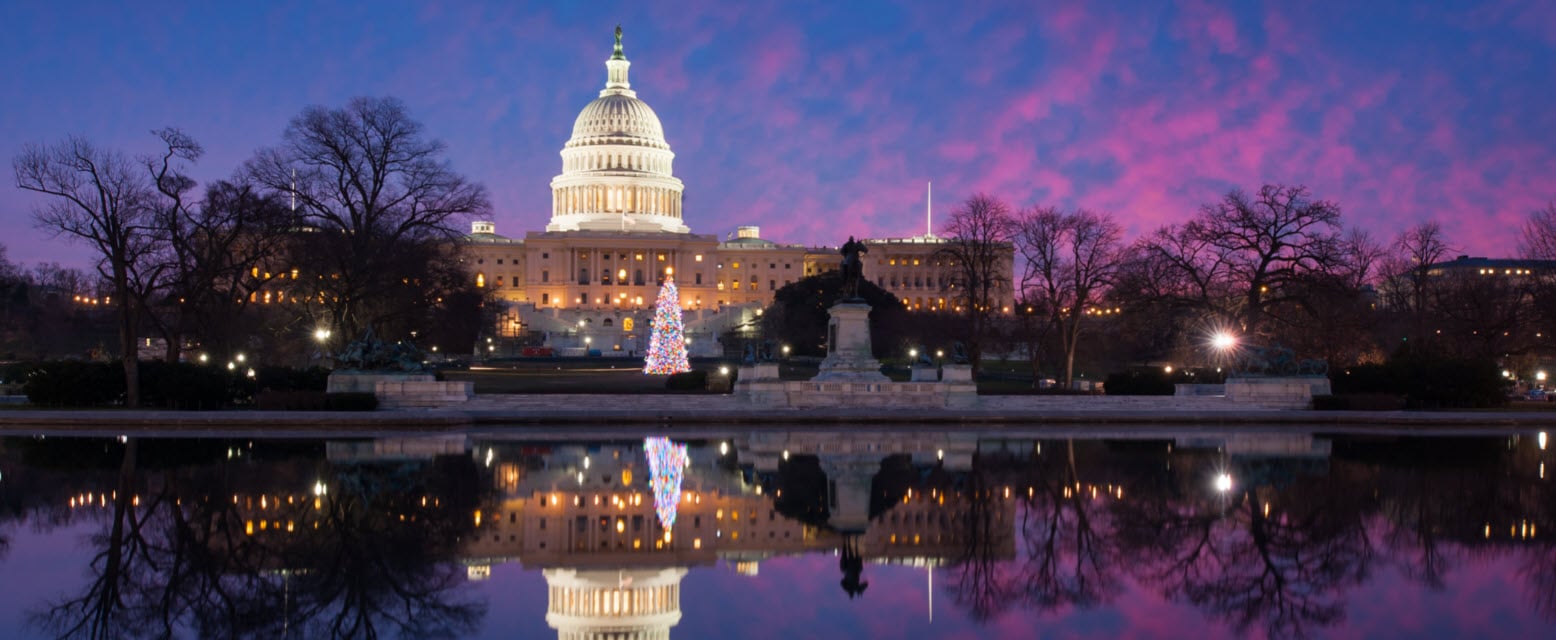The first wave of retaliatory tariffs against certain Chinese-origin goods (the so-called Section 301 duties) are set to terminate under the Trade Act of 1974 (“Trade Act”). By statute, the measures terminate after 4 years unless an affected party benefitting from the tariffs submits a request to the United States Trade Representative (“USTR”) that the action be continued within the final 60-days of the 4-year period. Once such a request is submitted, the USTR must conduct a review and determine whether the action should be continued. The first round of the Section 301 retaliatory tariffs on products of China, commonly known as “List 1,” was effective July 6, 2018, which means a request that this action be continued would need to be “submitted” between May 7, 2022 and July 6, 2022 to trigger USTR to conduct its review.
It is likely that the retaliatory tariffs will be maintained, and USTR’s review process may also create new opportunities for companies to submit comments concerning additional exclusions, reduced duty rates, and/or modifications to the list of products subject to the retaliatory duties. This process will also provide meaningful insight into how the Biden Administration intends to navigate the US-China trade relationship going forward.
Relatedly, on March 23, 2022, following review of public comments requested on October 8, 2021, USTR announced its determination to reinstate certain previously granted and extended product exclusions in the China Section 301 investigation. The determination reinstated 352 of the 549 exclusions under consideration. The reinstated product exclusions will apply retroactively from October 12, 2021, and extend through December 31, 2022. The reinstated exclusions are set forth in the Federal Register notice, which can be viewed here.
Companies should review the notice to confirm whether their imported products are covered by a reinstated exclusion and, if so, consider filing for Section 301 duty refunds (through either post summary corrections or protests). These reinstated exclusions cover articles entered for consumption on or after October 12, 2021. If entries of merchandise subject to a reinstated exclusion have already liquidated, a request for a refund must be filed via protest within the 180-day protest period.
If you have any questions, please contact one of our international trade team members.





